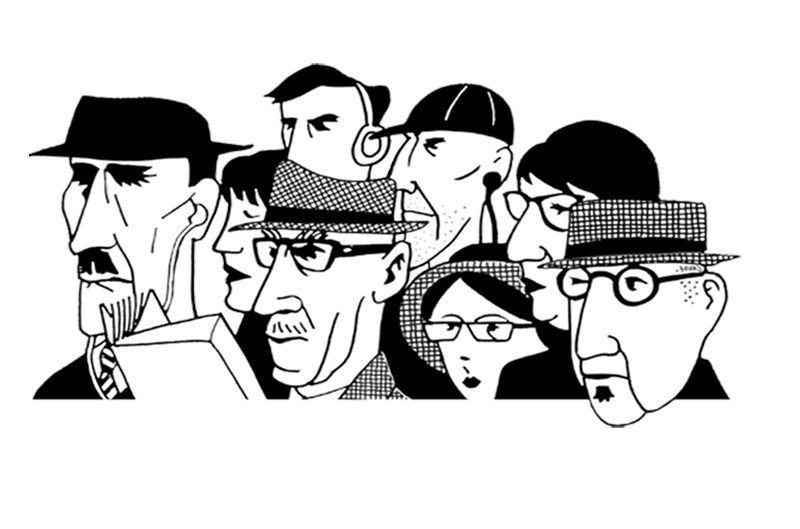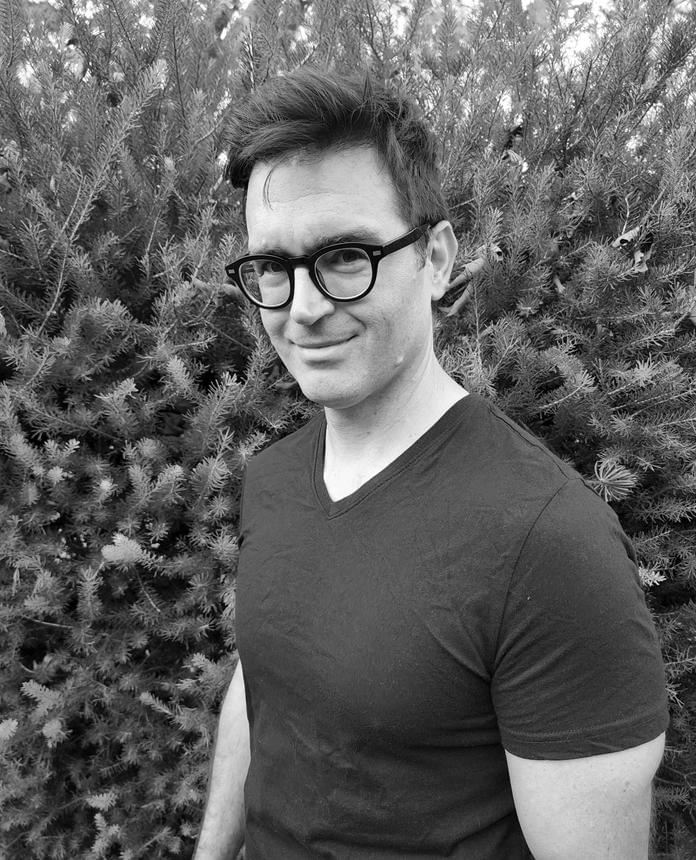Childhood: A Memoir
Shannon Burns
Things may have been good for a while, but it didn’t last: they argued fiercely and he left. Weeks later, she tracked him down and said she was pregnant. So he moved back in with her and they prepared themselves for parenthood.
Eleven months later I was born. By the time my father discovered the deception, it was too late.
In this arresting memoir, Shannon Burns recalls a childhood spent bouncing between dysfunctional homes in impoverished suburbs, between families unwilling or unable to care for him. Aged nine, he beats his head against the pillow to get himself to sleep. Aged ten, he knows his mother will never be able to look after him: he is alone, and can trust no-one.
Five years later, he is working in a recycling centre —hard labour, poorly paid—yet reading offers hope. He begins reciting lines from Greek lyric poets, Keats, Whitman, speeches by Martin Luther King, while sifting through the filthy cans and bottles. An affair with the mother of a schoolfriend eventually offers a way out, a path to a life utterly unlike the one he was born into.
INTERVIEWS and REVIEWS
ABC Radio Adelaide: Afternoons (0:07:50)
ABC Radio National: The Bookshelf (0:16:17)
ABC Radio National: The Drawing Room
Age
Age
ArtsHub
Australian Book Review ($)
Australian Book Review podcast
Conversation
Guardian
InDaily: Diary of a Bookseller: Stories that strike close to home
InDaily
InDaily: Adelaide Writers’ Week: ‘It is terrible to be misunderstood’
Mascara Review
Read This podcast (0:21:20)
Readings
andChildhood
‘Childhood is about more than reliving trauma—it shows us how literature can offer a pathway to survival, if not redemption. Shannon Burns demonstrates how to soldier on when all hope and dignity are lost.’
‘Childhood is raw and authentic. It tells a truth that can only come from being lived.’
‘Childhood is honest, confronting and lovely. We don’t hear enough from the hearts of poor children, and rarely like this. Shannon’s demonstration of the power of words is inspiring. And it reminds us all that we should never underestimate a boy with a fire inside.’
‘Childhood reads like Gorky and Tolstoy—not nudging but shoving the reader headfirst towards hard-won epiphanies with a brutal yet transcendent urgency.’
‘Moving and inspiring…What makes this book truly exceptional is the power and perceptiveness of the writing. It’s a marvellous work.’
‘[E]xquisitely written…I haven’t read a memoir with such a savage, tender, idiosyncratic narratorial voice – one that at once embodies and eviscerates toxic masculinity – since [Craig Sherborne’s] Hoi Polloi and Muck…Fathoms-deep hurt and anger seethe beneath the surface of meticulously controlled, forensically observed prose.’
‘That the boy depicted in Shannon Burns’s nightmarish memoir survived to write it at the age of forty reflects no credit on society or on those around him. His persistence seems remarkable, given the world he entered…Never is the [book’s] tone self-pitying or sentimental…The narrative is admirably cool…It would be impertinent to analyse or patronise the boy so compellingly memorialised in this uncompromising book. Any vindication or overcoming was all his own work.’
‘Childhood recounts domestic horrors in a matter-of-fact voice devoid of self-pity, yet it is not without feeling. It offers a compelling view of Burns’ turbulent formative years.’
‘Haunting…Burns’ powerful voice pierces swiftly beyond a mere recollection of domestic hardships into a confronting truth…The work shines because of its tone, which always avoids the sentiment of commiseration…A testament to being and becoming, in all its desires and cruelties.’
‘Eloquent and visceral.’
‘This book is really something…Propulsive, beautiful, wise, frightening. I loved it.’
‘I won’t give the ending away but I will say this: he can write.’
‘I was humbled by the understated dignity of this painful story and inspired by the surprising direction it takes. Shannon Burns…shares a journey of liberation worthy of the most heartfelt admiration…Burns is a clean and honest storyteller…He has taught himself a bright, crisp and fearless way of communicating…Readers of Childhood watch something take place that seems both extraordinary and wonderful…Burns knows that life is fragile. Yet he has built this book with indestructible resolve.’
‘Closer to home, Shannon Burns’s unflinching memoir of an abusive upbringing – Childhood – elevates an often lazy and indulgent genre.’
‘Shannon Burns’s memoir Childhood is a surgical account of youthful trauma and literary redemption that will, I suspect, go on to be regarded as a classic. Burns writes class like no one else.’
‘My year’s stand-out is Shannon Burns’ shattering Childhood, a work of unsparing self-depiction, coolly detached and brilliantly analytical: a nightmare recounted by a calm and sophisticated intelligence.’
‘[Burns] brings a powerful, textural quality to his relationships and experiences…A terrific book.’
‘The narrative is sculpted so skilfully that it is never less than propulsive…[Burns] writes about his past with remarkable, clear-eyed objectivity, and yet he always honours his child-self’s innocent, subjectivity, and purity of feeling.’
‘Beautifully crafted, utterly compelling.’
‘Possibly the best Australian book of last year…I can’t recommend it enough. I loved it.’





